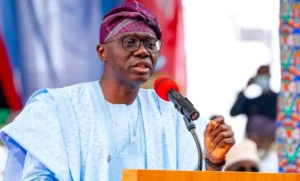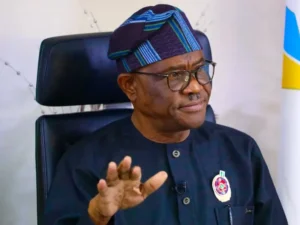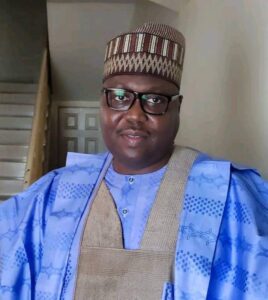The Nigerian Senate has raised alarm over the plight of hundreds of Nigerian women and children languishing in Libyan prisons, describing their condition as a form of modern-day slavery. The lawmakers on Tuesday called for urgent diplomatic and humanitarian action to secure their release and safe return home.
The motion was presented by Senator Aniekan Bassey (Cross River South), who revealed that Nigerian migrants in Libya face widespread abuse, trafficking, and inhumane treatment in detention centres. Supporting the motion, Senator Natasha Akpoti-Uduaghan (Kogi Central) urged the government to liaise with Libyan authorities to expedite the release of women and their children, many of whom were victims of trafficking and sexual violence.
Akpoti-Uduaghan described the victims as “twice betrayed”—first by traffickers who deceived them with false promises of jobs abroad, and later by a broken system that left them imprisoned. She revealed that several women were assaulted in detention, leading to pregnancies, with their children growing up behind bars under harsh conditions.
In his remarks, Senator Bassey painted a grim picture of Libya as a “corridor of death and despair” for desperate migrants. He cited reports from Amnesty International and the International Organisation for Migration (IOM), documenting cases of torture, forced labour, and killings in Libyan detention centres. The Senate also heard the story of Mercy Olugbenga, a Nigerian woman who was held captive for a year and allegedly had her blood drained repeatedly.
After a heated debate, the Senate resolved to urge the Federal Government, through the Ministries of Foreign Affairs, Humanitarian Affairs, and NAPTIP, to develop a reintegration programme for returnees. The plan would include psychosocial support, vocational training, and startup grants. Lawmakers also demanded stronger diplomatic engagement with Libya, the African Union (AU), and ECOWAS to protect Nigerians abroad.







